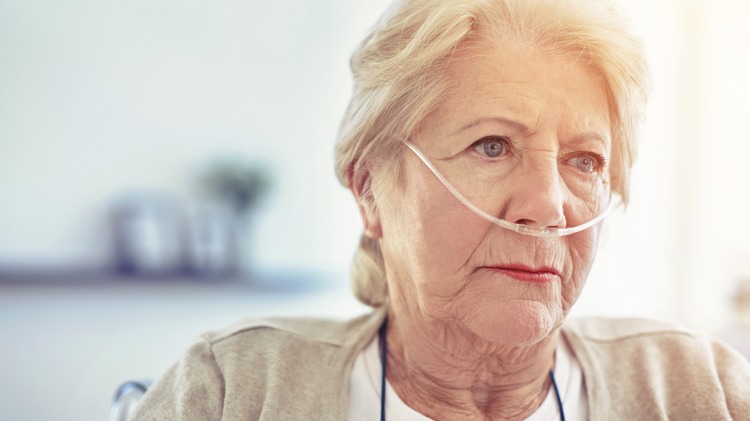Voluntary Assisted Dying
10 Mar 2017

The Victorian Government will introduce legislation into Parliament in the second half of 2017 to legalise voluntary assisted dying for terminally ill people in Victoria.
There are a small number of circumstances in which palliative care cannot provide the relief needed to address the pain and suffering at the end of life. It has been recommended that in these very limited cases, doctors should be allowed to assist people to die.
The proposed Voluntary Assisted Dying Bill will allow adults with decision-making capacity, who are suffering from a serious and incurable condition and at the end of their life, to be provided with assistance to die in certain circumstances.
A Discussion Paper has been released which outlines a number of issues which will impact on doctors:
- Should the legislation include prescribed information that a doctor must provide to a person requesting voluntary assisted dying?
- Should the legislation prescribe specialist expertise required for doctors to participate in voluntary assisted dying? Should there be a requirement for a palliative care specialist referral or consultation?
- Should doctors who conscientiously object to assisted dying be required to refer patients to other health practitioners?
- Should a doctor be allowed to be present at the time the person self administers the lethal dose of medication and, if so, what should their role and obligations be?
- If the medication is not effective, what should the obligations of a doctor be to treat a person who has chosen to ingest a lethal dose of medication?
- Where people are physically unable to take a lethal drug themselves should doctors be able to assist the person to die by administering the drug?
- What should be recorded as the cause of death for a person who has ingested a lethal dose of medication?
- Should death as a result of voluntary assisted dying be a reportable death to the Coroner?
- What protections would be necessary for doctors who act in accordance with the new legislation in good faith and without negligence?
Feedback has been invited in response to the issues in the Discussion Paper before 10 April 2017.
This blog contains general information only. We recommend you contact your medical defence organisation or insurer when you require specific advice in relation to medico-legal matters.

Doctors Let's Talk: Get Yourself A Fricking GP
Get yourself a fricking GP stat! is a conversation with Dr Lam, 2019 RACGP National General Practitioner of the Year, rural GP and GP Anesthetics trainee, that explores the importance of finding your own GP as a Junior Doctor.
25 Oct 2022
Systematic efforts to reduce harms due to prescribed opioids – webinar recording
Efforts are underway across the healthcare system to reduce harms caused by pharmaceutical opioids. This 43-min recording of a live webinar, delivered 11 March 2021, is an opportunity for prescribers to check, and potentially improve, their contribution to these endeavours. Hear from an expert panel about recent opioid reforms by the Therapeutic Goods Administration and changes to the Pharmaceutical Benefits Scheme.
14 May 2021
Diplomacy in a hierarchy: tips for approaching a difficult conversation
Have you found yourself wondering how to broach a tough topic of conversation? It can be challenging to effectively navigate a disagreement with a co-worker, especially if they're 'above' you; however, it's vital for positive team dynamics and safe patient care. In this recording of a live webinar you'll have the opportunity to learn from colleagues' experiences around difficult discussions and hear from a diverse panel moderated by Dr Kiely Kim (medico-legal adviser and general practitioner). Recorded live on 2 September 2020.
05 Oct 2020









